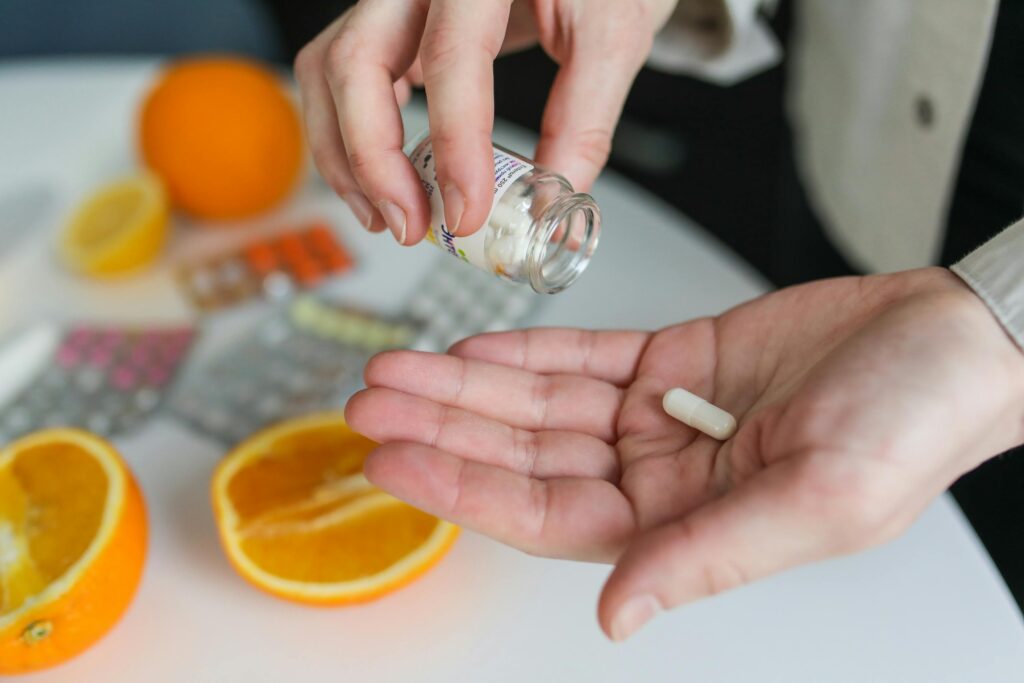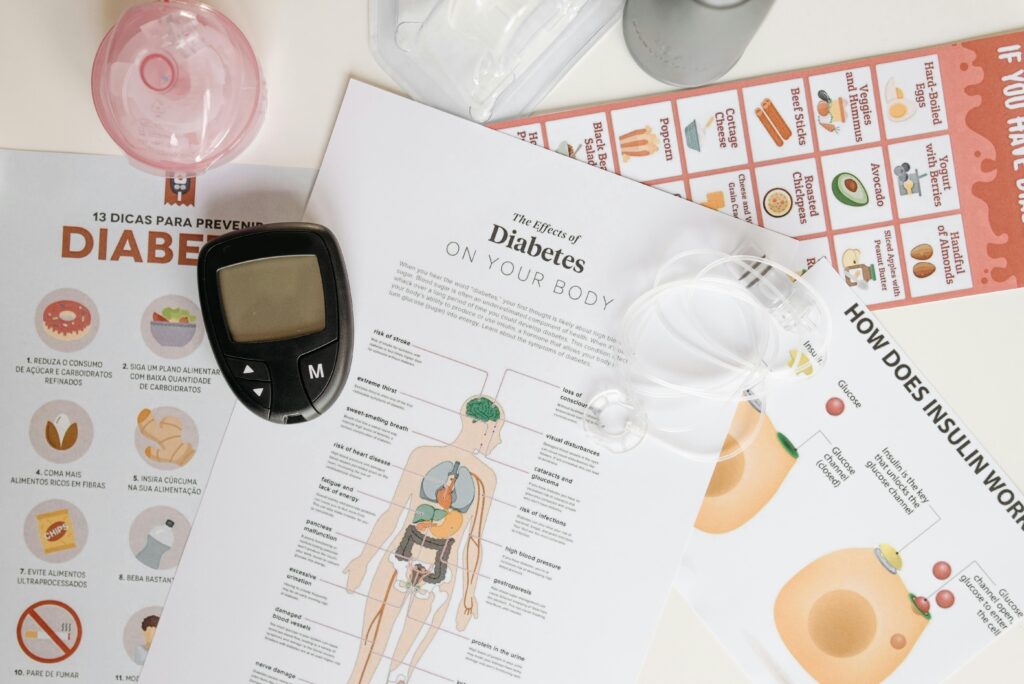Many older adults take medicines every day. Some are for blood pressure. Others help control diabetes, joint pain, or sleep. But not many people know that these same medicines can affect the liver.
The liver is a vital organ. It helps clean the blood, break down food, and remove harmful substances. It also processes most of the medicines we take.
That’s why it’s important to know how your medication affects your liver—and how to protect it.
The Liver’s Role in Medicine Processing
When you swallow a pill, it travels to the stomach. From there, it enters the bloodstream and goes to the liver.
The liver acts like a filter. It changes the medicine so your body can use it or remove it.
But some medicines are hard on the liver. If the liver works too hard, it can become damaged over time.
This is why doctors carefully check liver health—especially in older adults who take many medications.
Medicines That Can Affect the Liver
Not all medicines harm the liver. But some need more attention.
Painkillers
Over-the-counter painkillers like paracetamol (acetaminophen) are safe in the right dose. But in high doses or with frequent use, they can harm the liver.
Some people take paracetamol for fever, headaches, or arthritis. Taking more than the safe amount—even by accident—can cause serious damage.
Cholesterol Medications
Statins are common cholesterol-lowering drugs. For most people, they are safe. But in some cases, they may raise liver enzyme levels.
That’s why doctors often check liver function when starting or continuing statins.
TB or Antibiotic Medicines
Some medicines used for tuberculosis (TB) or long-term infections are known to affect liver function.
These include isoniazid, rifampicin, and certain antibiotics. Regular liver tests are advised if you’re on such drugs.
Herbal and Ayurvedic Products
Many people trust herbal medicines. But some of them are not tested properly. Certain herbal products may be too strong for the liver or interact badly with other drugs.
Always check with your doctor before starting any herbal medicine.
What Increases the Risk?
Some people are more at risk of liver problems from medicines.
- Age – As we grow older, the liver becomes slower at processing drugs
- Taking many medicines – More pills mean more pressure on the liver
- Existing liver problems – If you already have liver disease, it’s easier to get affected
- Alcohol – Even a small amount of alcohol can worsen liver damage caused by medication
- Low water intake – The liver needs enough fluids to function well
Signs of Liver Trouble
Watch out for these symptoms, especially if you’ve started a new medicine recently:
- Yellow skin or eyes (jaundice)
- Feeling very tired
- Nausea or vomiting
- Dark-colored urine
- Pale or clay-colored stools
- Pain or discomfort in the upper right side of your stomach
- Loss of appetite
These could be signs that your liver is not handling a medicine well.
How to Protect Your Liver
Here are simple steps to care for your liver while taking medicines:
1. Take Medicines Exactly as Prescribed
Do not increase or decrease the dose on your own. Don’t take someone else’s medicine—even if your symptoms are similar.
2. Avoid Self-Medication
Many people take painkillers or antibiotics without consulting a doctor. This can be dangerous.
Always talk to your doctor or pharmacist before taking new medicine.
3. Get Regular Liver Function Tests
If you are on long-term medication, your doctor may advise regular liver tests. These tests can catch early signs of liver strain.
4. Inform Your Doctor About All Medicines
Tell your doctor about every tablet you take. This includes herbal tonics, Ayurvedic tablets, and even home remedies.
This helps avoid harmful combinations that may affect your liver.
5. Keep Your Liver Healthy with Good Food
Eat a diet rich in fruits, vegetables, and whole grains. Avoid fried and fatty foods. Drink plenty of water.
A healthy liver is better at handling medicines.
For Caregivers
If you are looking after an older adult, here’s how you can help:
- Keep a list of their medicines
- Help them take the right dose at the right time
- Watch for side effects or changes in behavior
- Make sure they go for regular check-ups
- Talk to the doctor if you notice anything unusual
Medication safety is a team effort. Your care can make a big difference.
In Closing
Medicines help us live longer and feel better. But they must be used wisely. The liver works quietly behind the scenes, keeping us safe. It deserves our care and attention.
Understanding how medication affects the liver helps you stay healthy and strong.
Was this blog helpful to you or someone you care for?
Leave a comment below—we’d love to hear your thoughts.
And if you found this useful, please share it with your friends and family. A simple share could help someone stay safe.





